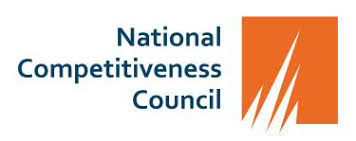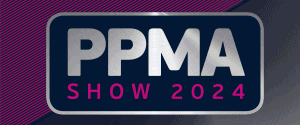Ireland Remains Cost Competitive But Concern in Certain Areas

The National Competitiveness Council has launched the ‘Cost of Doing Business in Ireland 2019’ report – a report that uses the latest available international data to compare a wide range of costs that Irish businesses face relative to costs in key competitor jurisdictions. The report flags areas where business costs in Ireland are out-of-line with Ireland’s international competitors; and, builds the evidence base for the NCC’s Competitiveness Challenge document, which makes policy recommendations to the Government on how to tackle these emerging risks.
If costs in Ireland are too high relative to productivity, it damages Ireland’s competitiveness. Irish businesses would find it more difficult to export, and internationally mobile firms would be disincentivised from locating here. Ultimately, high costs would make international trade and investment more expensive, reducing the Irish economy’s beneficial exposure to the international economy.
The main findings of the report are:
- Ireland is a high cost economy (we are the 5th most expensive country in the EU), but average prices are rising slowly (the slowest in the euro area), however, there are particular areas of concern that can have a significant impact on all firms based in Ireland;
- Labour costs have started to increase faster than previously, which is particularly concerning, as they are now increasing four times faster than inflation;
- The cost of credit in Ireland (3.3%) is significantly higher than the euro area average (2%) – meaning Irish businesses have to pay more to borrow money to invest;
- The price of business services (which includes services such as consultancy services, legal services, and computer programming) is increasing at the 4th fastest rate in the EU. The only EU comparator country where prices increased faster was Luxembourg;
- Commercial rents and the cost of constructing office buildings are also high in Ireland relative to international competitors.
The Chairman of the National Competitiveness Council, Professor Peter Clinch said: “As a small open economy, Ireland is particularly vulnerable to a global economic slowdown and turbulent international trading conditions, most notably, Brexit. Recent reports from key international organisations suggest that global economic growth is slowing. In this context, Ireland’s economy is performing well. While Ireland is a high cost economy, prices are increasing at the slowest rate in the whole of the euro area. This means that Ireland is becoming more cost competitive relative to the rest of the euro area.
 “While the overall cost picture is positive, some areas are a cause for concern. After years of moderate growth, in 2018, labour costs increased by 2.9%, four times faster than consumer prices. Without similar increases in labour productivity, this increase in costs will simply put pressure on Irish prices.”
“While the overall cost picture is positive, some areas are a cause for concern. After years of moderate growth, in 2018, labour costs increased by 2.9%, four times faster than consumer prices. Without similar increases in labour productivity, this increase in costs will simply put pressure on Irish prices.”
He elaborated: “We also need to be mindful of the Irish tax system. In Ireland the taxes paid by someone earning the average income relative to the employer’s labour costs (i.e. the tax wedge) is one of lowest in the OECD, but people earning higher incomes face one of the highest marginal tax rates. This could create a disincentive to work for highly skilled employees.
“There are other pressure points. The rental price of Irish commercial property has continued to increase at a steady pace, Irish businesses face higher costs when accessing credit relative to the euro area, and the prices business pay for services (which includes legal & accounting services, human resources, and warehousing) was increasing at the 4th fastest rate in the EU. Interest rates (3.3%) in Ireland are considerable higher than rates in the euro area (2%) meaning that an Irish business, looking to borrow money to future-proof its operations, faces costs that are on average 65% higher than their EU counterparts.”
The Chairman noted that “With the current international economic backdrop, especially with what is happening in the UK, we must do what we can to maintain the competitiveness of the Irish economy. To secure our prosperity, we must not price ourselves out of international markets.”
The ‘Cost of Doing Business in Ireland 2019’ is available on http://www.competitiveness.ie/
























